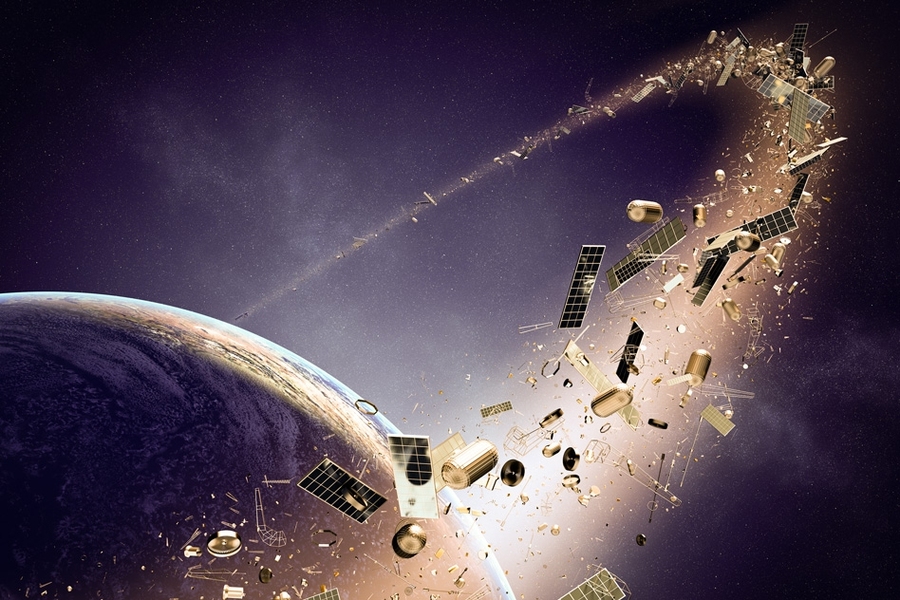The vast expanse of space has long fascinated humanity, beckoning us to explore its mysteries and expand our presence beyond Earth’s confines. However, this great frontier has not been immune to the consequences of human activity. Space debris, also known as space junk or orbital debris, is a growing concern that threatens the safety of both current and future space missions. Recognizing this, NASA has taken a significant step by awarding an early-stage contract to TransAstra Corporation, a pioneering space resource utilization company. This contract aims to address the fast-growing problem of space debris and pave the way for safer and more sustainable space exploration.
The Escalating Challenge of Space Debris
Space debris encompasses defunct satellites, spent rocket stages, and fragments from previous collisions. These objects orbit Earth at incredibly high speeds, posing a substantial threat to operational spacecraft and the International Space Station (ISS). As space activities increase, so does the risk of collisions, which can trigger a catastrophic cascade of collisions, known as the Kessler Syndrome, making certain orbits unusable for generations. This problem demands immediate attention and innovative solutions.
TransAstra’s Vision
TransAstra Corporation, led by Dr. Joel Sercel, is at the forefront of space resource utilization and sustainability. The company’s vision is to transform space into a vibrant, economically productive sphere by harnessing the resources it offers, including water-rich asteroids. Their groundbreaking concept is called the Asteroid Provided In-Situ Supplies (Apis) mission architecture, which utilizes asteroids as both resource depots and spacecraft construction materials. This vision extends to addressing the space debris crisis, and NASA’s early-stage contract signifies a significant endorsement of their capabilities.
The NASA Contract
NASA’s decision to award an early-stage contract to TransAstra is a crucial step in the effort to mitigate the hazards posed by space debris. The contract will enable TransAstra to further develop their pioneering technologies and methods for safely removing and recycling defunct satellites and other debris. Their approach includes the use of solar-powered spacecraft equipped with robotic arms to capture and reposition space debris.
TransAstra’s approach focuses on not only removing debris but also recycling it. By capturing defunct satellites and other space junk, valuable materials and components can be salvaged, reducing the need for new resources from Earth and contributing to a more sustainable approach to space exploration.
The Importance of Space Sustainability
Sustainability is no longer limited to our planet; it extends to our activities in space. The continued growth of the space industry, including satellite deployment, space tourism, and future missions to the Moon and Mars, necessitates responsible practices that prevent further cluttering of Earth’s orbit.
TransAstra’s pioneering efforts align perfectly with NASA’s commitment to space sustainability. By developing innovative technologies to clean up space debris and promote resource utilization, we can ensure that space remains a safe and accessible environment for future generations of explorers.
TransAstra’s receipt of an early-stage NASA contract to address the escalating problem of space debris represents a significant step forward in ensuring the sustainability of space exploration. With their visionary approach to space resource utilization, TransAstra is well-equipped to tackle the challenges of cleaning up our orbital environment and reducing the risks posed by space debris. As we venture further into the cosmos, it is imperative that we do so responsibly, safeguarding the celestial realm for generations to come. The collaboration between NASA and TransAstra marks a promising beginning in this important endeavor, and we can look forward to a future where space debris is managed effectively, ensuring the safety and sustainability of our activities in space.






